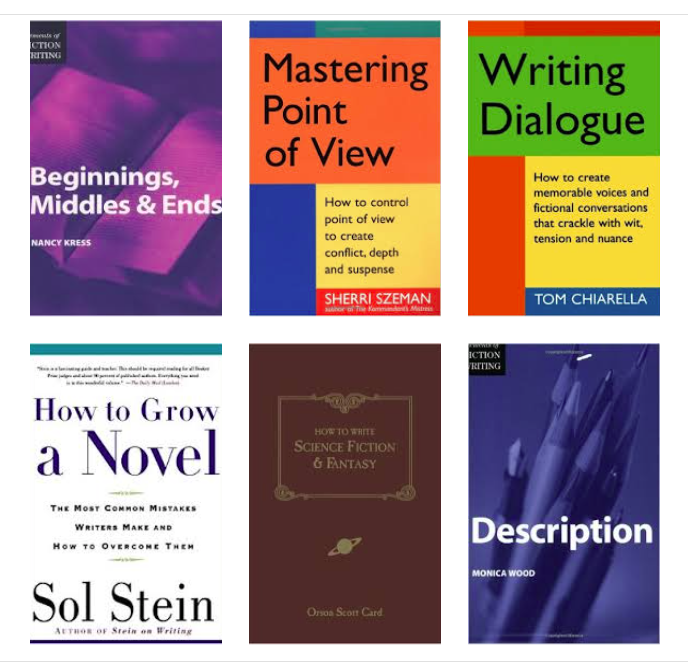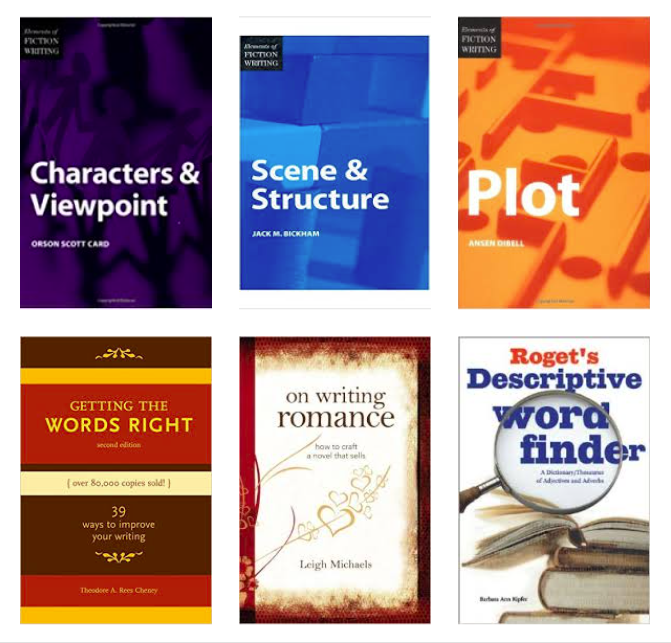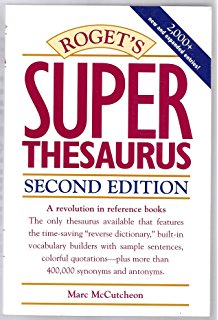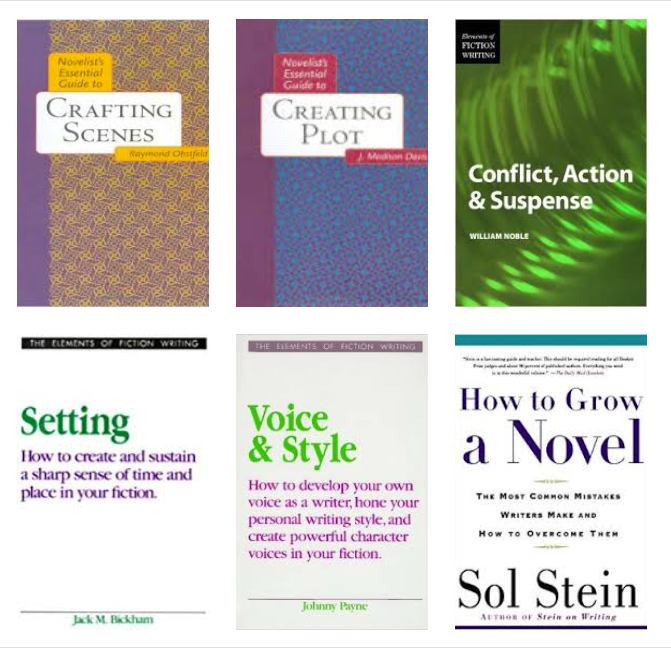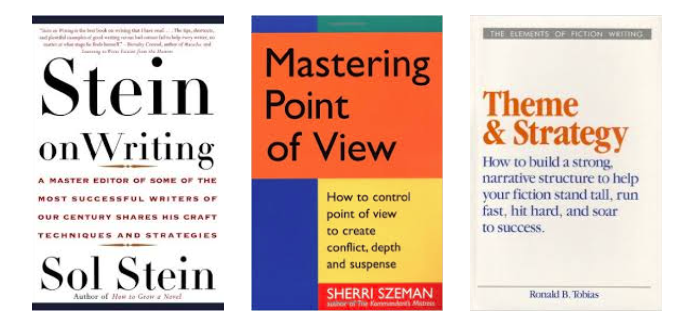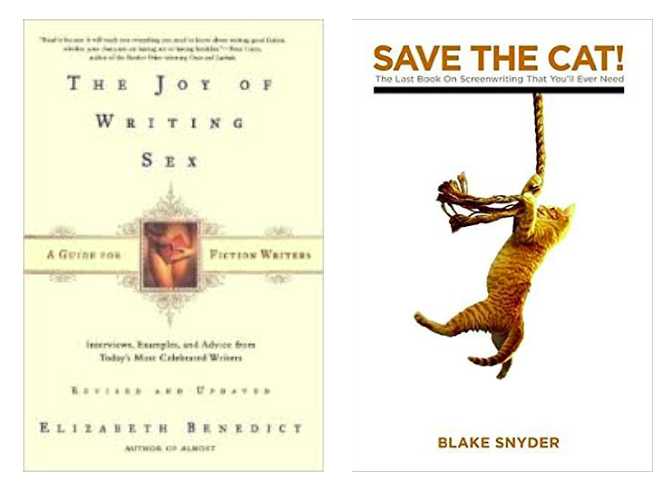Writing Instruction Books I Most Admire
These are some the most important books I have read, outlined and studied as I’ve grown as a writer since 1991, and I have all these in my library. CLICK HERE to read my reviews of most of the books below, as I reread them in preparation for finishing my novel Silver Skies 1996 Version. I have put the best books in bold italics. All of these books have shaped me as a writer, but those whose influence have made the strongest impact on me as a writer are in bold and italics. Click on the book’s link (below) to learn more about the book.
For beginning creative writers: [Writing Dialogue]; [Beginnings, Middles & Ends]; [How to Write Science Fiction & Fantasy]; [Description]; [Characters & Viewpoint]; [Scene & Structure]; [Plot]; [Getting the Words Right]; [On Writing Romance]; [Roget’s Descriptive Word Finder]; [The Complete Guide to Editing Your Fiction]; [The Elements of Style]; [On Writing Well]; [Roget’s Super Thesaurus].
For intermediate creative writers: [Crafting Scenes]; [Creating Plot]; [Conflict, Action & Suspense]; [Setting]; [Voice & Style]; [How to Grow a Novel]; [Stein on Writing]; [Mastering Point of View]; [Theme & Strategy]; [The Joy of Writing Sex]; [Save the Cat!].
Theme & Strategy (based on George Polti’s thirty-six dramatic situations) is really helping me with Lusts & Acclaim (my book in progress). Ronald Tobias has written another book related to this topic called 20 Master Plots. I don’t have 20 Master Plots, but it might be helpful for intermediate writers. I say intermediate writers, because you need a firm grasp of plotting & creating characters before worrying about theme. However, I suspect that once you understand characterization and plotting, theme is important if you want to write for posterity.
I no longer have The Joy of Writing Sex, but I checked it out from the library and took notes on the sections that helped me when I had the book in the 1990s. The book helped me with sex scenes as a writer. I would recommend this book for Christian writers (especially those raised in church) and encourage them to have an open mind. With today’s sexual revolution, you cannot neglect sex as part of the narrative. On the other hand, some believe that all you need is pornography and you have an instant bestseller. The sexual revolution has made sex boring in literature, because the portrayals lack depth and resonance, with sex so commonplace (focus on body parts and movements only), that sex scenes serve only as pornographic interruptions to the story – BORING. I recommend this for intermediate fiction writers. It will make more sense after you’ve mastered plotting and characterization.
For advanced creative writers: Choose your favorite stories, movies or novels, read or view them for pleasure, then reread or watch them as a writer analyzing what it was that made you like the book or movie and imitate and learn from them. It is very important to forget about all you’ve learned as a writer and only analyze those you really like, even if they seem to violate all the rules you’ve learned over the years. By doing this, you may actually help improve the literature and movies of our times.

